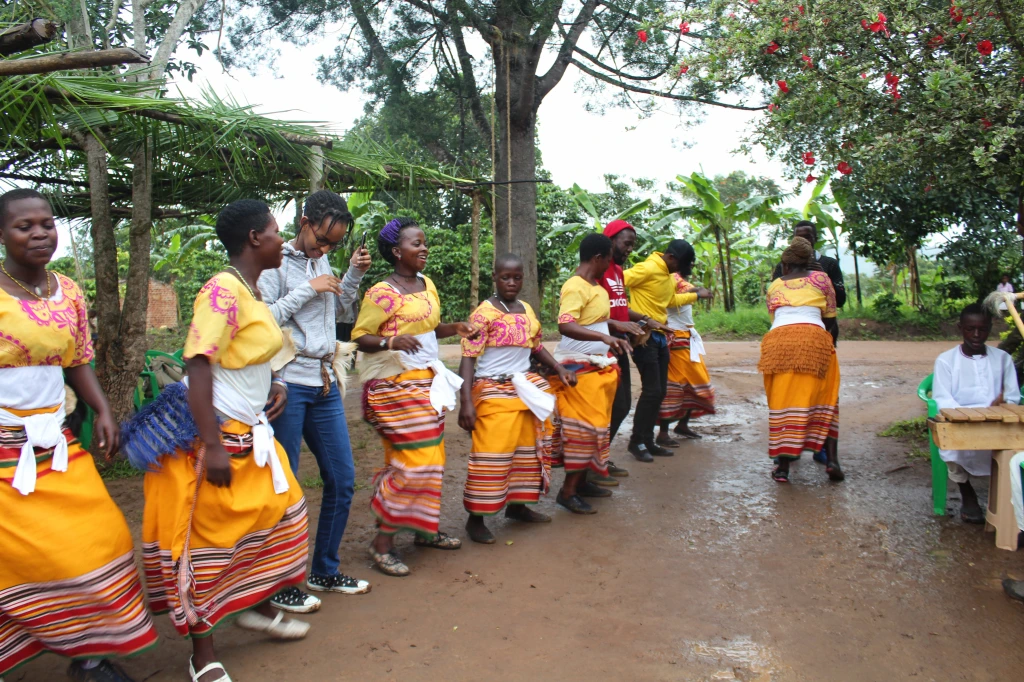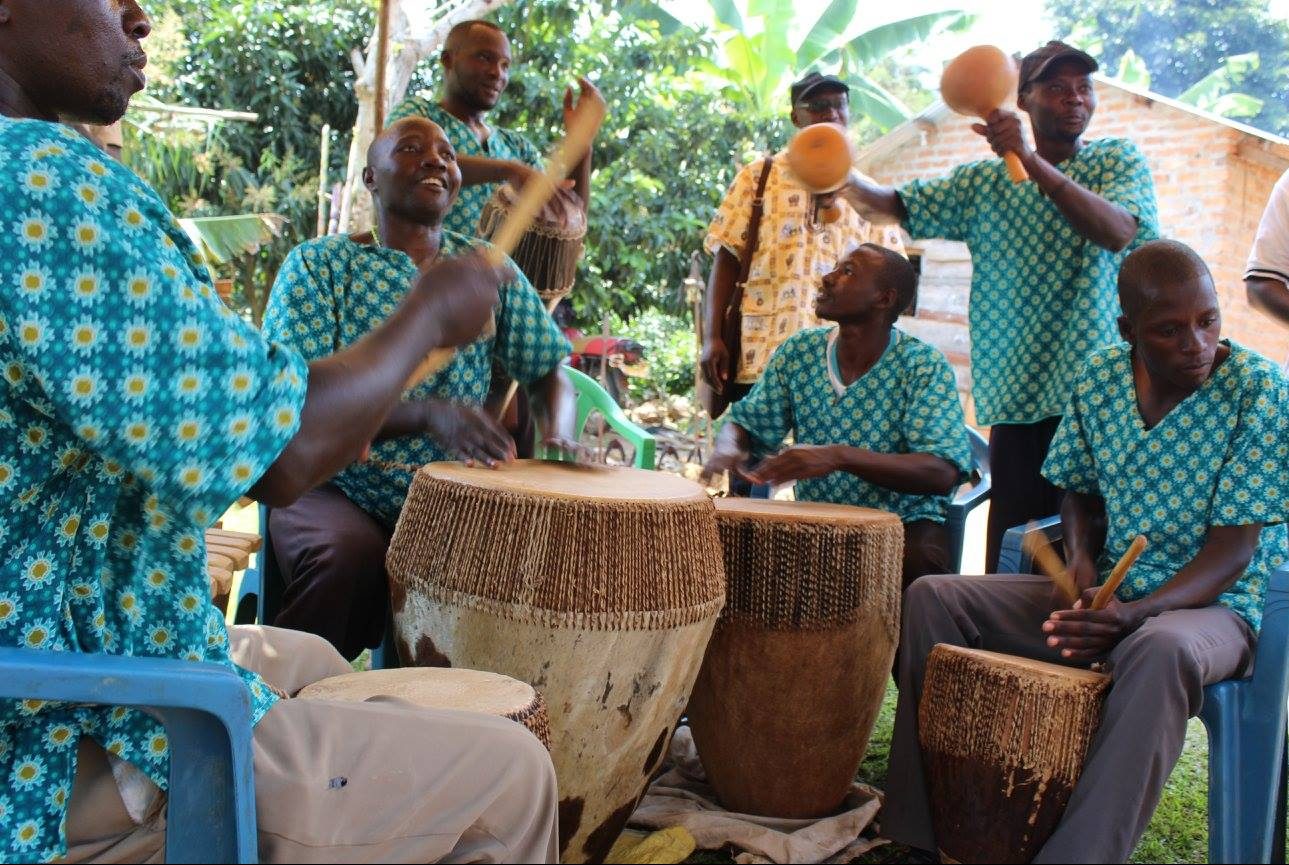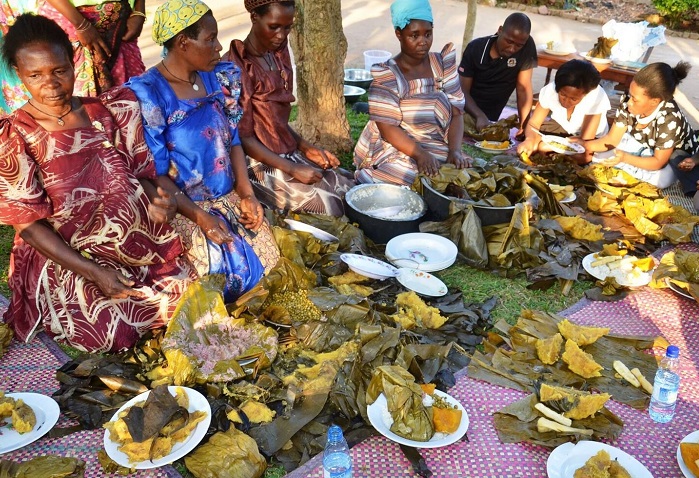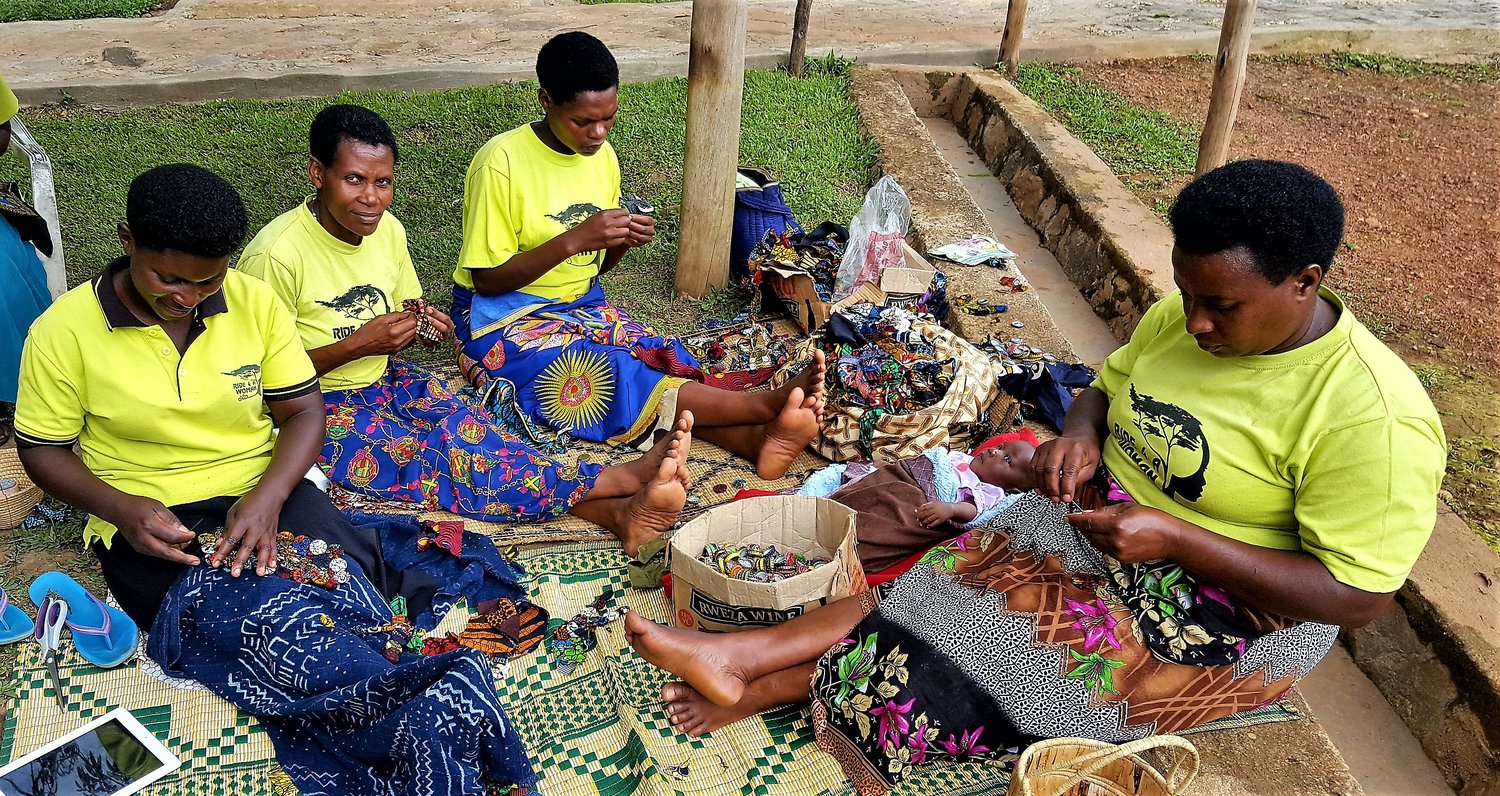
Community Tourism in Uganda
Community Tourism in Uganda
Community Tourism in Uganda begins immediately you get out of your Hotel. This is so true because you get to see the local people living their date to day life in a very different style. Uganda is a landlocked country located in East Africa, known for its rich biodiversity and diverse cultures. In recent years, community tourism has emerged as an increasingly popular way for visitors to experience the country while also supporting local communities. Community tourism is a form of sustainable tourism that emphasizes the involvement of local communities in tourism development and ensures that the benefits of tourism are shared with local people. In this essay, I will explore the concept of community tourism in Uganda and its impact on the local communities.

This form of tourism has become an increasingly popular form of sustainable tourism in Uganda, providing an opportunity for visitors to engage with local communities and contribute to their development while also experiencing the country’s diverse cultures and natural beauty. In this essay, we will explore the concept of community tourism and its benefits in Uganda.
Community tourism in Uganda involves the participation of local communities in various aspects of tourism, including planning, development, and management. It aims to provide visitors with an authentic cultural experience while also empowering local communities economically and socially. Community tourism initiatives in Uganda typically involves the establishment of community-based tourism enterprises. These include home-stays, cultural tours, and handicraft workshops to benefit the community and those running the initiatives. These initiatives provide visitors with opportunities to interact with local people and learn about their cultures.

Success of community tourism
One example of a successful community tourism initiative in Uganda is the Batwa Trail in Bwindi Impenetrable National Park. The Batwa are an indigenous community that lived in forests and depended on it for their livelihoods. However, with the establishment of the national park, they were evicted from their homes. They obviously lost their traditional way of life and settlement areas. The Batwa Trail was established as a way to provide the Batwa with an opportunity to showcase their culture and earn income from tourism. Visitors on the trail are guided by Batwa community members who share their knowledge. During the trail, you learn about the forest and their traditional way of life.
Another example of community tourism in Uganda is the Buhoma Community Rest Camp, located near the Bwindi Impenetrable National Park. The camp is owned and managed by the local community and offers visitors a range of accommodation options, including camping and traditional banda huts. The camp also organizes cultural tours and community projects that visitors can participate in, such as building water tanks and supporting local schools.
Another successful community tourism project is Entanda Cultural Centre and Ride for a Woman
Benefits of community tourism
This kind of tourism has several benefits for local communities.
- First of all, it provides an alternative source of income for communities. A lot of people that may have previously depended on subsistence agriculture or other low-paying jobs, can benefit in Tourism.
- Secondly, it helps to preserve and promote traditional cultures. Cultural which may be at risk of disappearing in the face of modernization, will have another chance.
- Finally, it can foster a sense of pride and empowerment among local communities. The local communities who are able to showcase their culture and take control of their own tourism development.

Community tourism also has the potential to promote environmental conservation in Uganda. Many community tourism initiatives in Uganda are focused on ecotourism, which encourages visitors to appreciate and conserve the natural environment. By engaging in activities such as bird watching, hiking, and wildlife tracking, visitors can learn about the importance of conservation while also contributing to efforts to protect the environment.
More of its relevance
In conclusion, community tourism has become an important form of sustainable tourism in Uganda. It offers visitors a unique opportunity to experience the country’s diverse cultures and natural beauty. It also contributes to the economic and social development of local communities. Through community tourism, visitors can learn about traditional customs and practices, support conservation efforts, and contribute to local livelihoods. As such, this kind of tourism has the potential to play an important role in promoting sustainable development in Uganda.
By involving local communities in tourism development and ensuring that the benefits of tourism are shared, community tourism can help to create a more equitable and sustainable tourism industry in Uganda.
You can book a safari to go visit the community and get to understand their way of life.






